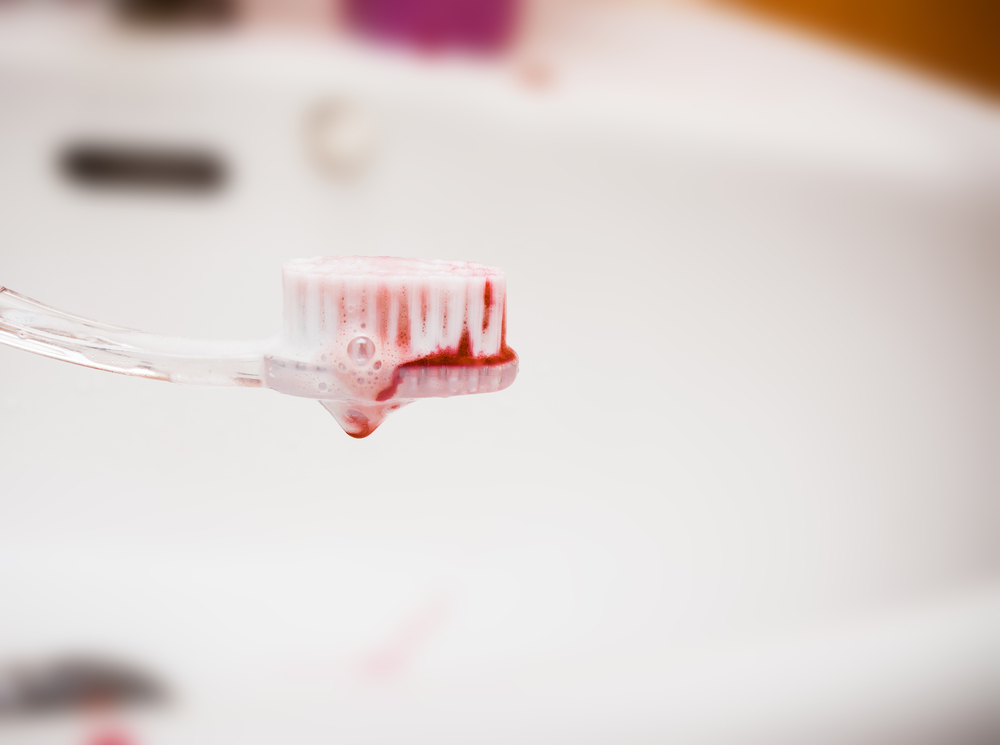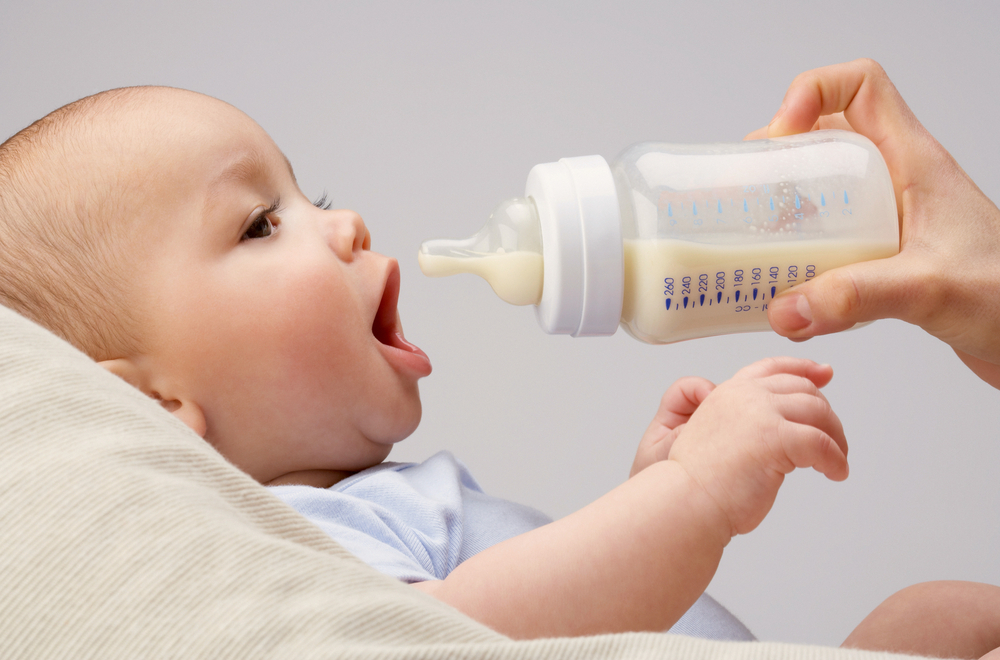Contents:
- Medical Video: How to Treat Bleeding Gums at Home (2018)
- What causes gum bleeding when brushing teeth?
- Who is most susceptible to bleeding gums when brushing teeth?
- What should be done quickly once the gums bleed while brushing their teeth?
- How do you prevent the gums from bleeding when brushing your teeth?
- Choose a good toothbrush, so the gums don't bleed easily
- When do you have to go to the dentist if your gums are bleeding when you brush your teeth?
Medical Video: How to Treat Bleeding Gums at Home (2018)
Most people often take it lightly when their gums bleed while brushing their teeth. Maybe it's just the result of rubbing it too hard. Even so,bleeding gums when brushing your teeth can be a sign that there is something abnormal in the mouth. Let's look at the full review below.
What causes gum bleeding when brushing teeth?
If your gums bleed while brushing your teeth even though they have gently rubbed them, this might be due to inflammation of the gums.Gingivitis, also known as the term gingivitis, can occur because of the accumulation of plaque and tartar.
Plaque can occur in the teeth because of the accumulation of bacteria due to lazy brushing your teeth, or how to brush your teeth ineffective - for example not all parts of the tooth are exposed to toothbrush bristles. These accumulating plaques harden for a long time to form tartar.
The tartar will cause the previously healthy gums to become inflamed. The initial sign of gum inflammation is the change in the color of the gums to reddish and easily bleed.
Who is most susceptible to bleeding gums when brushing teeth?
People who do not maintain good oral and dental hygiene are prone to gingivitis which causes the gums to bleed easily when brushing teeth. Gingivitis also often occurs in people with diabetes and people who take hypertension drugs and heart disease drugs.
In addition, the gums bleed when a toothbrush can also be triggered by the following conditions:
- Large cavities cause swollen gums
- Brushing your teeth too hard
- Use of repeated toothpicks that hurt the gums
- The position of the teeth are messy and overlapping
- Bad tooth fillings
- Wear dentures that suppress the gums
Women who are pregnant, menstruating, or taking birth control pills are also susceptible to bleeding gums when brushing their teeth due to changes in body hormones. Usually, this condition will stop when you no longer undergo these risk factors.
What should be done quickly once the gums bleed while brushing their teeth?
If there is only a little blood coming out, this is not a problem. The blood coming out should not be swallowed, gargled slowly and thrown away.
Once the gums bleed, immediately stop the session brushing your teeth temporarily and press the bleeding gums with sterile cotton. If the blood has begun to subside, rinse with cold water until the bleeding stops completely.
What about salt water? Some experts allow it to rinse salt water, but some are also contradictory because if you mix it with too much salt it can even irritate the gums which are already injured. A safer alternative, use an antiseptic mouthwash to prevent the infection from developing.
After the bleeding stops, you can continue brushing your teeth until they are finished so that the factors causing the bleeding disappear. Brush your teeth slowly with circular movements to the entire surface of the tooth. Do not press the toothbrush too tightly and move the brush up or down or brush to the side.
How do you prevent the gums from bleeding when brushing your teeth?
To keep the gums healthy in the future and bleeding does not happen again, I encourage you to drink more water and eat vegetables and fruits that are high in calcium and vitamin C.
Don't forget to routinely use dental floss or flossing once a day to clean plaques between teeth. Use of floss or dental floss must also be careful not to suppress the gums.
Choose a good toothbrush, so the gums don't bleed easily
To avoid this happening again in the future, you should replace your toothbrush with a soft-bristled toothbrush and a small brush head. Manual or electric toothbrushes are just as good, as long as your brushing technique is right and the type of bristle is good. Toothbrush should be replaced every 3 months or when the brush has come out.
Brush your teeth twice a day (morning and night before going to bed) with toothpaste containing fluoride.
When do you have to go to the dentist if your gums are bleeding when you brush your teeth?
If you have treated your teeth well, the gums still bleed every time you brush your teeth, you should immediately go to the dentist for a check-up. Especially if there is a lot of blood coming out and does not stop even though it has been removed when brushing your teeth.
The dentist will check the cause of bleeding gums and will do treatment according to conditions, or even clean tartar which can cause bleeding in the gums when brushed.
If bleeding does not only occur when brushing teeth, but more often and lasts a long time, it may be due to conditions of blood disorders such as hemophilia, platelet abnormalities, or even leukemia.












